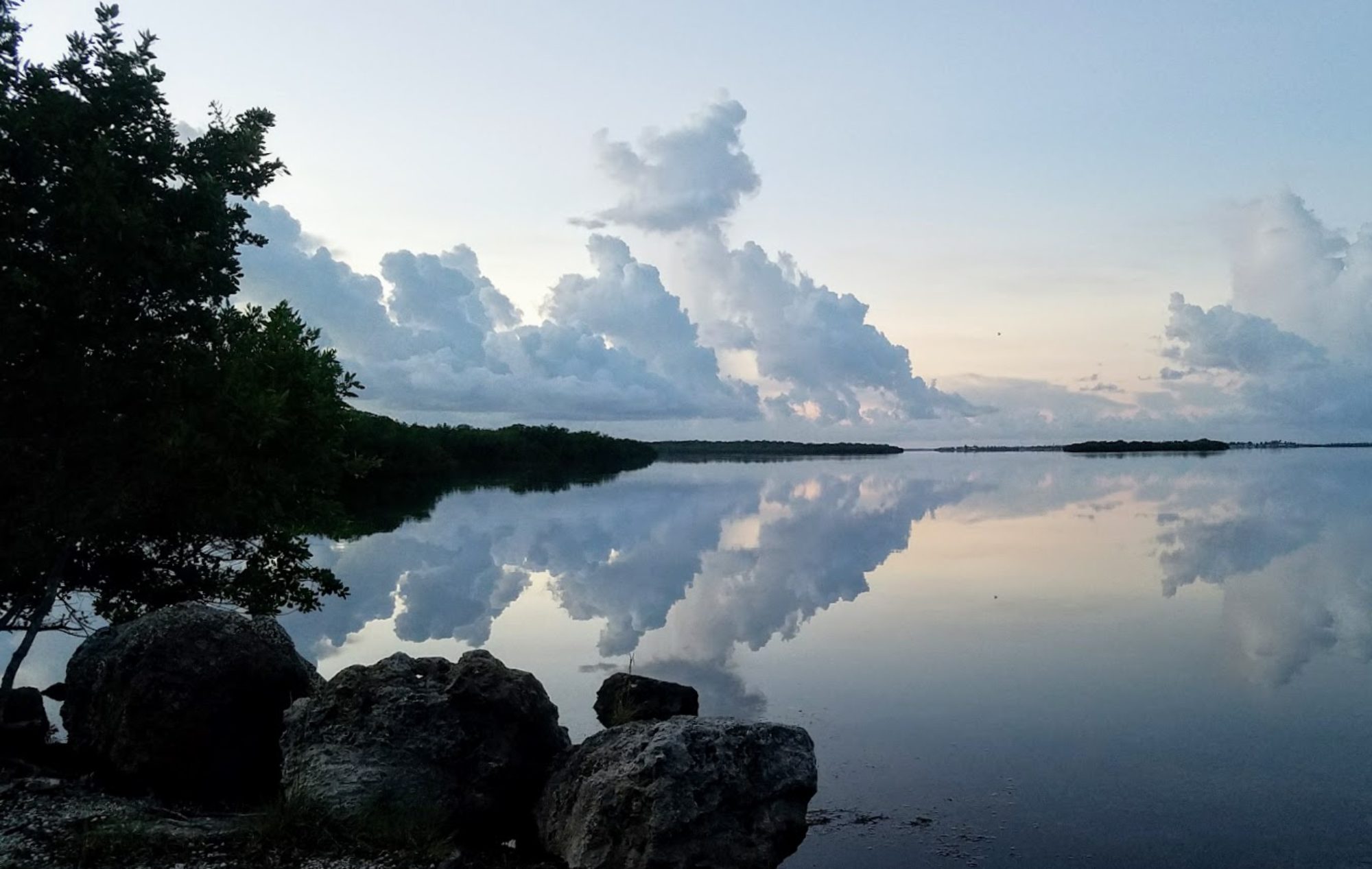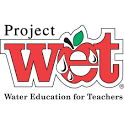Headquartered in Montana, Project WET (Water Education for Teachers) provides water education resources and organizes special water education events. Through an international network of local implementing partners, Project WET advocates for the role of water education to solve the world’s most pressing water issues.
Recently, I was part of a group trained to train teachers to use the WET curriculum in their classrooms. This curriculum includes activities that are based in science, interactive, multi-sensory, and adaptable to a variety of settings. Because our global economy means an understanding of water resources is critical, the activities are cross-cultural and relevant, incorporating technology and twenty-first century skills. Students work together to analyze, interpret, and apply information that they can evaluate and present to others.
The Curriculum and Activity Guide we received is an amazing resource. Each of dozens of activities includes an overview which includes the appropriate grade level, subject areas, duration (both preparation and activity times), setting, skills, vocabulary, and a summary of the activity. Objectives are discussed, a materials list is provided, and the activity steps are outlined. Wrap Up steps help solidify student take-aways (often with worksheets that may be copied for class use), and the Project WET Reading Corner provides additional reading. Assessments help gauge student success and activity extensions provide ideas to go deeper into the topics presented. It’s a solid curriculum!
I do not generally work with children, but I love having this knowledge in my toolkit. I’ve done some of the activities on my own to increase my own understanding! Because water connects each of us, we should understand how to maintain sufficient water quality and quantity (and here in Florida, the importance of this point increases daily), and how we can take action as responsible individuals to make sure our water supply is sustainable. But we can’t do any of that if we don’t understand the basics of water, watersheds, and how water resources are managed.
Want to know more about Project WET? Here’s the best place to start.
If you have a group that would like to be trained to use the Project WET curriculum, let me know! I will work with other facilitators to build a workshop that will meet your needs perfectly. And we’ll have fun doing it!
If your organizations needs a speaker, consider a Project WET facilitator if water education topics are of interest to you.

